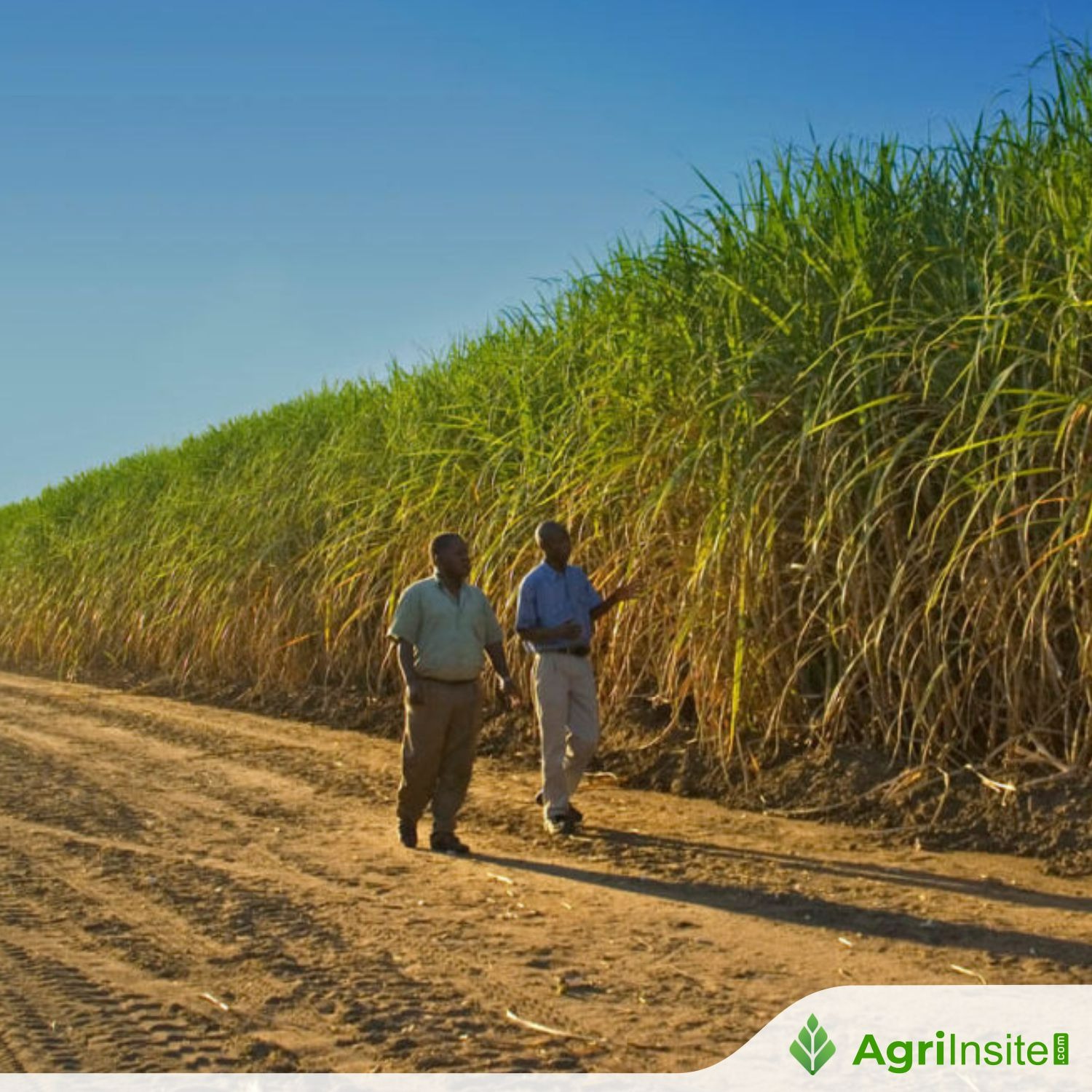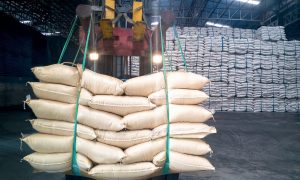Thailand : Big sugar harvest faces burning checks

Thailand’s sugar cane output is projected to reach 90 million tonnes in 2024-25 due to better rainfall. However, stricter regulations on burned cane harvesting aim to reduce PM2.5 pollution. A carbon tax is under consideration to discourage burning. Lower global sugar prices and competition from India and Australia may impact production.
Thailand’s sugar cane output is expected to increase in the 2024-25 crop year thanks to more rainfall, but farmers face strict screening for harvesting by burning, says the Office of the Cane and Sugar Board (OCSB).
Authorities previously ordered a temporary shutdown of a sugar mill in Udon Thani after it bought more burned sugar cane than the limit set by the government to curb burning, which is blamed for emitting PM2.5 ultra-fine dust.
For the 2024-25 crop year, the sugar cane volume is projected to increase to 90 million tonnes, leading to the production of 11 million tonnes of sugar, said Samart Noirun, deputy secretary-general of the OCSB.
Sugar cane output tallied 83 million tonnes in the 2023-24 crop year, attributed to drought. Some 9 million tonnes of sugar was produced for this crop period.
“With more rainfall, the soil is moist and has enough nutrients, which is suitable for farming,” said Mr Samart.
As of Jan 22, the global sugar price was 17 cents per pound, a drop from 22 cents in 2024, according to the OCSB. Lower prices are expected to cause sugar manufacturers to reduce their production.
Global sugar prices are likely to be affected by more refined sugar supply from India and Australia, according to analysts.
India already started receiving sugar cane for crushing, part of the production process, while Australia is expected to start its crushing season soon.
Thai sugar mills are crushing cane they bought from farmers since last month, amid a state inspection of whether the crops are burnt or fresh cane.
Harvesting sugar cane by cutting is labour-intensive, causing many farmers to resort to burning. Burning worsens the air quality in the cool season, leading to high levels of PM2.5.
The Industry Ministry wants to reduce the amount of burned sugar cane to cut PM2.5 levels and avoid a negative impact on Thai sugar exports, caused by global concerns over carbon dioxide emissions from cane burning.
The OCSB is conducting a study on a plan to impose a carbon tax on sugar manufacturers to discourage them from buying burned sugar cane, said Mr Samart. The measure aligns with the climate change bill, scheduled to be enforced this year.
Some 7 million tonnes of sugar cane, or 17.8% of total output, are harvested by burning. This method is believed to be more widely used in Udon Thani and Khon Kaen than other provinces.
To read more about Sugar Industry continue reading Agriinsite.com
Source : Bangkok Post
















